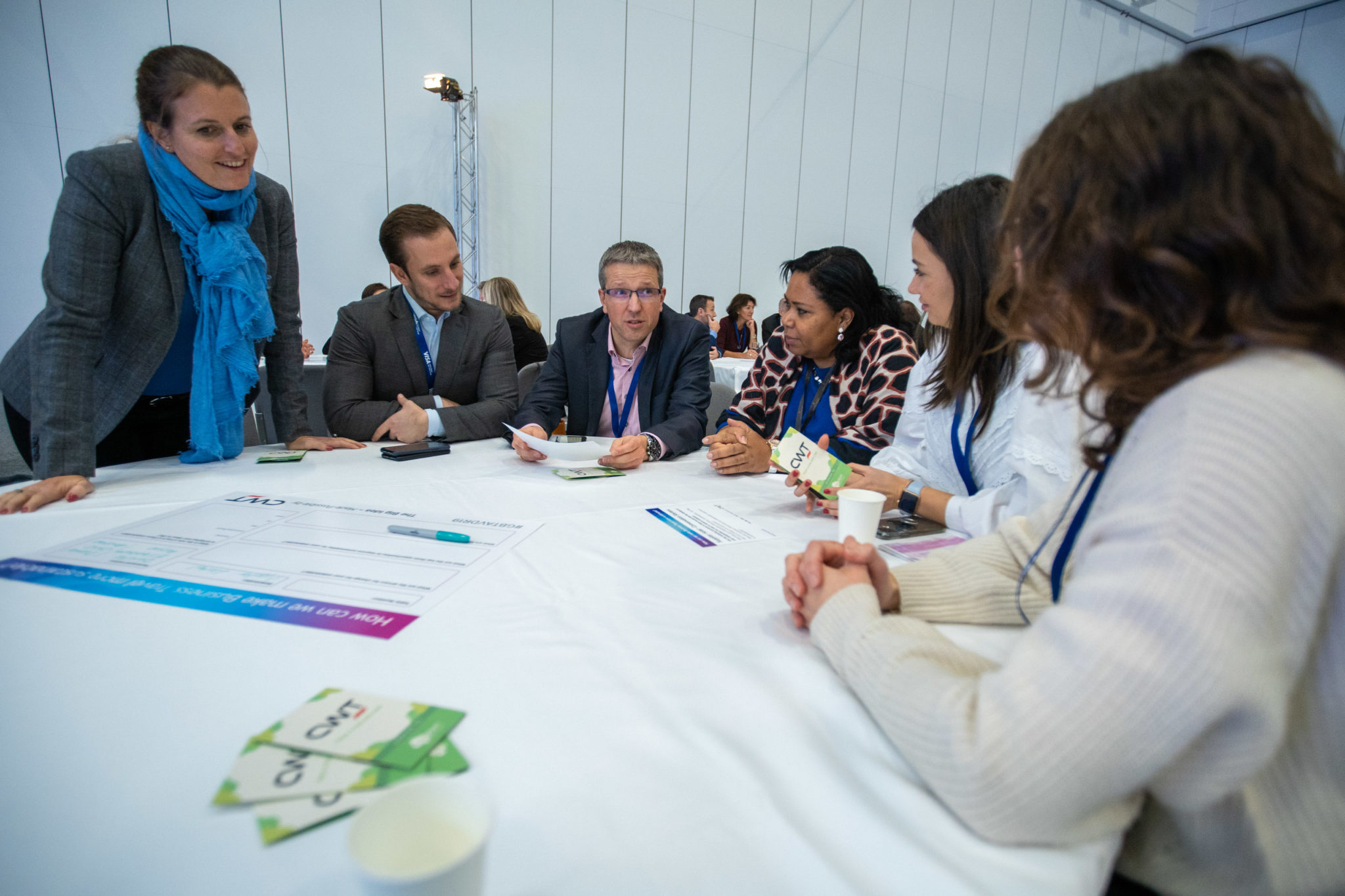CWT and the Global Business Travel Association (GBTA) have unveiled their new report ‘The Big Idea: How Can We Make Business Travel More Sustainable?’. The report was based on the findings of a wide-ranging brainstorming session during the GBTA Conference 2019 in Munich, attended by senior industry professionals from travel management companies (TMCs) and representatives from the hospitality, aviation and ancillary services sectors, from across Europe.

When asked how confident they were on the industry’s ability to make the future of business travel more sustainable, 65% of delegates were either broadly confident or very confident. The percentage grew to 71% when asked about the willingness of the industry.
“At CWT we are seriously committed to being a positive force for change in the world, which is why we did not hesitate to sponsor this important session at GBTA in order to gain first-hand industry feedback around both demand and drivers for sustainable business travel,” said Françoise Grumberg, CWT’s vice president for global responsible business and diversity & inclusion. “Our planet is under critical environmental strain and CWT is committed to driving and contributing to industry debate and forums such as this to drive as much positive action as possible.”
Scott Solombrino, GBTA’s COO and executive director, said: “In the end, pressure from the traveller will translate into positive action. Advancements in technology will be required to help solve the more complex environmental issues such as the guest accommodation experience and carbon neutrality in the aviation industry but opportunities are aplenty to work with supply chains who already implement and track sustainable practices across the customer journey. As an industry, we need to work together to find some solutions to help corporate travellers to make the right decisions when travelling on business.”
Drivers for change, opportunities and constraints

Four senior leaders from different segments of the travel industry – including Directors and VPs from CWT, Oakwood Worldwide, The LEGO Group and United Airlines – formed the panel who led the debate. Delegates were asked what they believed were the critical drivers for change, key opportunities to improve sustainability, constraints preventing their implementation and what role travellers, buyers, TMCs, airlines and accommodation suppliers play in bringing their ideas to life.
Drivers
The growing social conscience, especially among millennials and centennials, is putting pressure on companies. Travelling employees are demanding a more sustainable travel program. Organizations will need to act if they want to maintain their reputation. Suppliers, on their side, will also need to adapt their offer if they want to remain relevant for a traveller audience who is choosing to book with more environmentally conscious providers.
Opportunities
This mentality change will open the door to more eco-friendly alternatives – biofuel, improved recycling at airports, better waste reduction, eradicating single-use plastics, fewer empty flights, modernized aircraft fleets, more eco-friendly cleaning products – that will ultimately lead to a reduction in carbon emissions.
By adopting a proactive approach, combined with state of the art technology and data capacities, TMCs can play a key role in making business travel more sustainable. They can assist companies to create a greener travel program by helping them to choose the best suppliers, by offering carbon reports and by crafting travel policies around gamification and reward systems for those employees who are more conscious.
Constraints
The identified constraints ranged from employer apathy to a perceived lack of alternative options. The implementation cost of more sustainable air and accommodation options, as well as a lack of reporting or measurement, were also identified as impediments.



 share
share







































